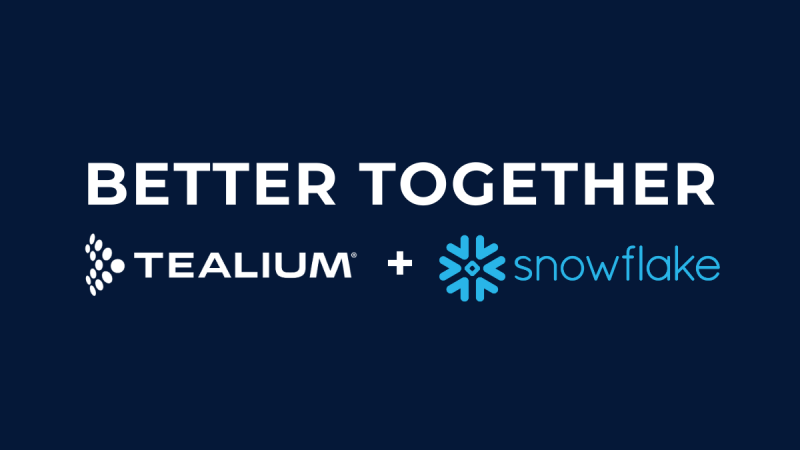The report highlights how businesses’ current data privacy strategies are impacting customer relationships, and provides concrete directions for updating practices to maintain trust with consumers
SAN DIEGO, November 19, 2019 – In the wake of highly publicized breaches and misuse of data by companies, new legislation is holding businesses more accountable for how they’re using and protecting consumer data. While brands have been focused on compliance to avoid financial penalties, it’s critical for businesses to also recognize stepping out of line can result in loss of consumer trust with the brand — an even costlier repercussion. In fact, 85% of consumers won’t forgive a company’s misuse of data, even if they previously trusted the brand, according to a new study by Tealium, the trusted leader in real-time customer data orchestration.
To better understand the steps brands can take to maintain consumer trust, the 2019 Tealium Consumer Data Privacy Report surveyed 1,000 consumers about their relationships with brands and personal data privacy. The study found that almost all (97%) consumers are somewhat or very concerned about protecting their data, but the majority simply don’t have the time or prowess to educate themselves. This highlights it’s the responsibility of businesses to educate consumers, manage and communicate privacy practices and protect consumer data. The report outlines key steps for brands to do so, including:
- Prioritize compliance — for both the present and future. Ninety-one percent of consumers say they want their state or federal government to adopt strict regulations to protect their data, highlighting that GDPR and CCPA are just the start of a much larger regulatory wave.
- Create a clear value exchange for data collected. Forty-three percent of consumers say they’d provide detailed data about themselves to a brand for a discount, and another 32% would for exclusive benefits or perks.
- Practice transparency throughout the entire customer journey. This could be as simple as rewriting consumer-facing legal and policy pages, which 72% of consumers would be more likely to read if they were shorter, and 61% would if they were more straightforward.
“While all data privacy acts have their differences, they point to the same truth — we must manage customer data the way our customers would expect us to manage it. That means keeping it organized, accessible and protected, and using it to provide value back to the consumer,” said Jeff Lunsford, CEO of Tealium. “More data privacy regulations are inevitable in the US, so brands must prioritize and future-proof themselves by finetuning their strategies to abide by these standards, while continuing to bring innovative customer experiences to market.”
To download the full report and learn more about the state of consumer data privacy, visit here.




